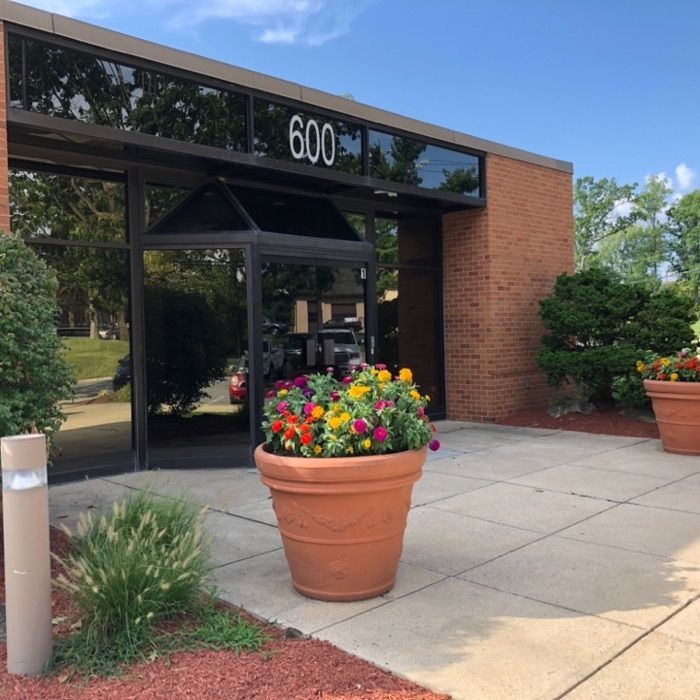How Does Blogging Help SEO: A Beginner's Guide

Do you want to boost your website up the search rankings and drive more targeted traffic that can be converted into strong leads? An important part of our advanced search engine optimization service includes creating engaging content for your website via blogs. It’s a proven method that gets results, but how does blogging help SEO?
In the following guide, we explore the benefits of blogging for SEO and how to optimize blog posts for SEO purposes. Read on to learn more!
The Advantages of Blogging for SEO
From an SEO standpoint, blogging carries a host of advantages. Most business or website owners don’t fully appreciate the benefits of creating an on-site blog, so let’s go through them all:
Constantly Provides New Content
Since a 2011 algorithm update, Google has prioritized new content on its search pages. In other words, it wants users to see the most up-to-date information. Blogging provides your site with a constant stream of new and fresh content, so it’s more likely to be picked up and ranked highly by Google.
Improves Your Site Structure
Having a solid website structure is critical for good SEO. Internally linking your pages together makes it easier for search engines to “crawl” the site and understand what it’s about. Blog posts provide many opportunities to link to your other pages, and your pages can likewise link to your blog posts for related deep content, so your website can be more structured and optimized for search engines.
Gives Ample Opportunity For Backlinks
Link building is a crucial off-page SEO process that involves getting other websites to link back to yours. A site with lots of backlinks looks good to search engines as it tells them that this site is a good resource. Other websites trust it, so the search engine ranks it higher. When your blog contains valuable content that others can reference, you’ll start earning high-value backlinks.
It Lets You Include Target Keywords
Keywords are the backbone of an SEO strategy; if you’re not using the right keywords (I.e., search phrases), you won’t appear in searches for your products or services. How does blogging help SEO from a keyword standpoint? It lets you write articles targeting specific keywords and also to link them to your pages. This makes it more likely that your site will appear in the relevant searches for these keywords, driving more traffic to your pages!
Blog SEO Best Practices
Setting up a blog on your site won’t automatically help you see improvements in search engine optimization. In fact, if you do things the wrong way, you may see the opposite effect. Here are some best practices to keep in mind:
- Avoid keyword stuffing (using the same keyword many times in a given post) as Google flags this and penalizes you.
- Ensure you don’t have broken links within your blog content.
- Write about topics that are relevant to your site - if your site is about HVAC services, write about things related to heating, cooling, etc.
- Stick to a regular blog schedule to keep producing new content, between 2-4 per month is a good start.
- Keep the word count to 500 words or more. Generally speaking, higher word counts produce better results, but only if you can keep your post engaging and on point.
- Only write original content; don’t copy things from other sites and pose it as yours, or you will be penalized.
- Conduct keyword research to target the right keywords for your posts. For best results use a keyword research tool.
- Focus on quality content - your blogs must provide the reader with something valuable. For example, they could answer key questions or provide tips and information on certain topics.
How To Optimize Blog Posts for SEO
You know the benefits of blogging for SEO and some of the best practices to follow, but how do you optimize blog posts for search engines? We’ve got a few tips that’ll come in handy and help your blog posts rank better:
Strategically Place Your Keywords
Conduct keyword research to know your main keywords and then understand where to place them. You should always have the main keyword in the blog title, as well as the meta description. Then, use other important keywords in your subtitles as this makes them easier for search engines to spot. Sprinkle a few others throughout the content but avoid stuffing!
Create A Structure For Your Blog Posts
Your posts need a structure that search engines can easily analyze to figure out how to rank them. All posts should have clear H1, H2, and H3 headings. Bullet points also help make content stand out and be found by search engines.
Link Internally & Externally
We mentioned the value of internal links from a site structure standpoint, but linking to trusted external sources can also help. They add value and credibility to your posts, showing that your points are backed up by independent authoritative sources. It also indicates to Google and other search engines that your posts relate to third party content, which helps your rankings.
Make Your Posts Readable On All Devices
Finally, make your posts easy to read on all devices. Adjust the format so mobile readers will easily scroll through and take everything in without being overwhelmed. Focus on image optimization here so that your posts load quickly, which is an increasingly important ranking factor.
Contact PMI For Help With All Your SEO Needs
If you want help in creating optimized blog posts for SEO and gain the benefits of blogging, then contact us today. We offer a full range of SEO services designed to attract valuable traffic to your website, helping your business get to the next level!















